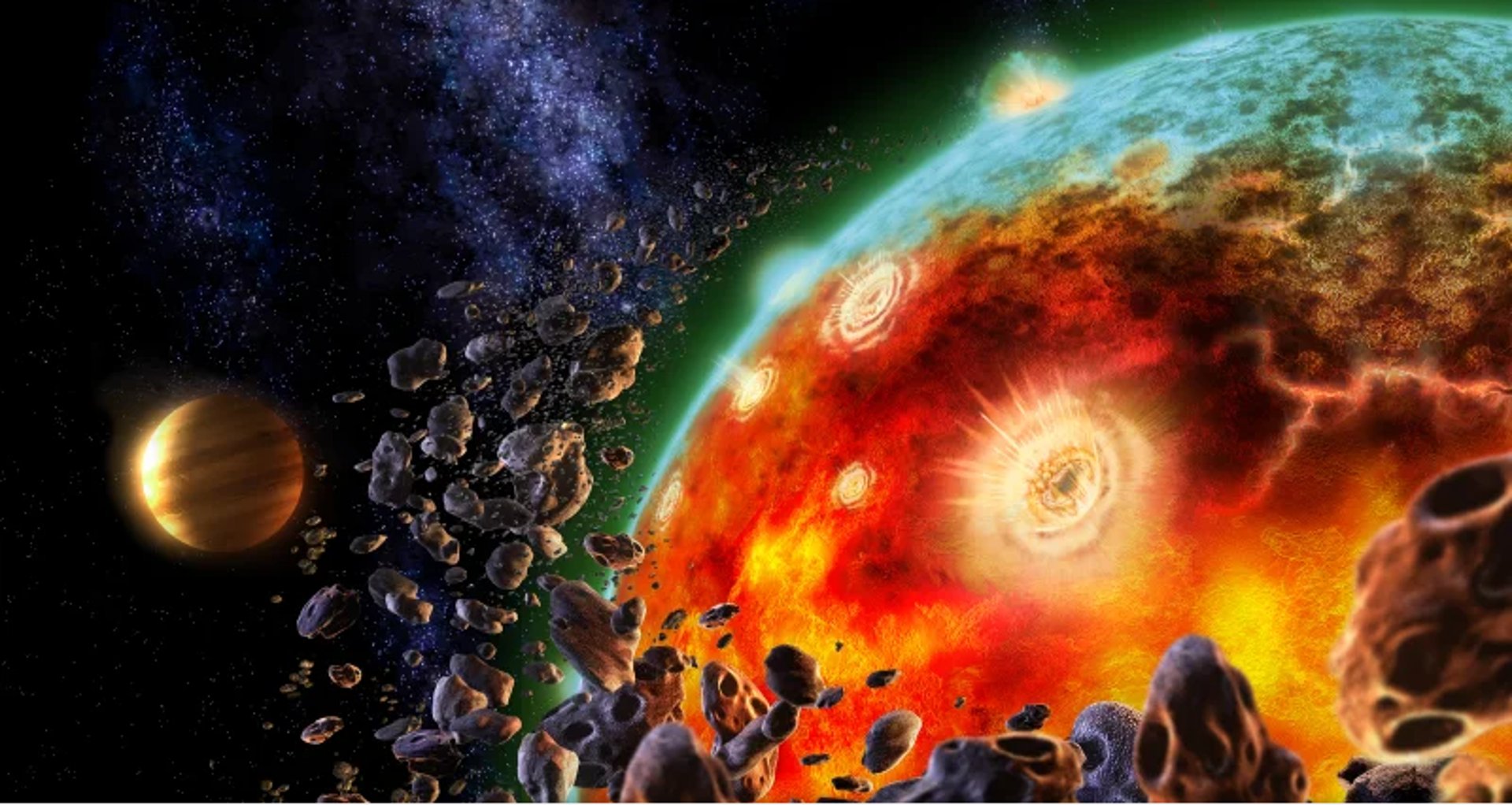
OPINION
In God, Mythology, Superstition, Learning and Scientific Temper
by Prof. Promod K. Yadava
Our nation distinguishes itself by the mention of scientific temper in its constitution but our social behaviour, our colourful culture and tradition and most of our artistic manifestations in paintings, sculpture, music, drama and dance commonly connect with mythology which we accept as literal truth. It is here that the problem arises. The creative imaginations of the forms of God with general anthropomorphism except for multiple heads and arms, chimeric constructions with animal heads or sometimes the entire animal body with a human frame as in some other cases. Philosophical churning of religion and spiritualism is a different exercise left for intellectuals of the privileged sections. It is an outcome of the latter that leads to postulations of concepts like “adwaita” (if one wants to translate it would be non-duality). There have been many debates questioning the very existence of God.
The scientific attempts to retrace the origin of the Universe have led to the big bang model. We should be in no rush to claim pioneer ship of knowing the origin of Universe thousands of years before the modern scientists arrived at it beyond abroad qualitative similarity between the two lines of conclusion. Unfortunately, we get emotionally attached to the idea of being pioneers. It is common to find someone saying our ancestors knew everything including relativity and quantum mechanics, let alone movement of the celestial bodies so many thousands of years ago. We ignore the fact that all knowledge is socially generated and we should be grateful to all contributors to building of what we call conscience. We may not be able to recall each turning point in our conscience building which is a continuous process and keeps incorporating inputs from diverse sources. What we carry are mere consensual thoughts to which we have tacitly consented to abide. Thus no one is wrong simply because her/his understanding of a subject is different from yours. Yet in context with situations that have been verified and validated for their coordinates, one can allow only standard deviations. For example, it is nearly certain that God and, most certainly God forms are a creation of the human mind. Similarly, it is quite clear that diverse biological systems are descendants of common progenitors. All religions are created and propagated by humans. However, each system projects to be the best and ultimate truth and shields itself to be beyond worldly reasoning because it is created by God who can at best be a nameless, faceless entity. As Buddha told his followers not to believe in something simply because it got a place in a book or it was told by your parents or it was taught in a certain way in the classroom, find reasons and then convince yourself and carry forward. We have certain predispositions. For example, if we are asked whether we believe in God, most of us will say yes without taking an extra moment and if the next question is whether we believe in aliens, most of the same people will say no. Reason for the latter would be because we have not seen them but no questions asked in the former context. This is where we need to be more reasonable.
Our learning can be well-founded in reasons but what we do in day-to-day life is often based in faith, accepted without reasons or rhymes. We find it interesting to replay stories from mythology and there cannot be question about their being interesting and quite often articulate and at times touching practical life and ethics. If we want to retain them as works of fiction, it should not cause problem Let the lesson be that human mind is fictitious and capable of reconstructing what does not really exist. Ethics, a set of self-restraining norms produced by the human mind, are meant to ensure harmonious co-existence of all human beings vis-à-vis all constituents of our environment, living as well as non-living. One may ask whether we need the ethical norms which have no obvious link with reasons. We have two levels of existence viz., individual and collective. It is for our collective co-existence that we need ethics. In the longer run, it is in the interest of all. It is experimentally proven that altruism in longer run seems to benefit the species and hence it seems to be reasonable to include it as an ethical norm. This immediately points to the validity of festivity, and mythology-related platforms as relevant and necessary to ensure prolonged togetherness of humans. Yet it will be unfair to compel each individual to conform to an assumed normal behaviour like observing rituals lest inauspicious consequences even of good work. We have been selected to be continuously thinking and creating new ideas and new tools. Building upon this realization of being uniquely blessed with the capability to design and develop new tools, the world ushered into a new era of industrial development which brought with it the boons and curse of modernity. While we have got addicted to many of the new tools and consider them indispensable, we have also noticed the challenges posed by materials of our own creation like the polymers and biocidal chemicals as threatening the very continuance of biological systems the way they have so far been. Shall we consider a zero-technology lifestyle or continue to develop appropriate technologies? Some of us may outright say no while others would think of finding technological solutions of technologically created problems. Likewise, on the issue of disparity based on colour, gender, race and other congenital attributes, the opinion may be varied but we need to develop a more parable society. The pursuit of Science enables us to find ways and means of reasoning and culminate into an understanding society. There are no last words in Science and hence we continue studying science .


